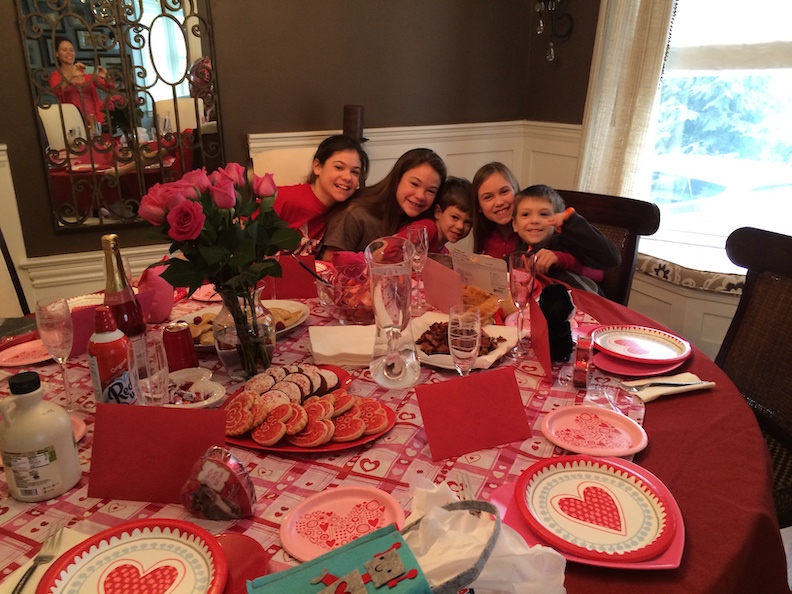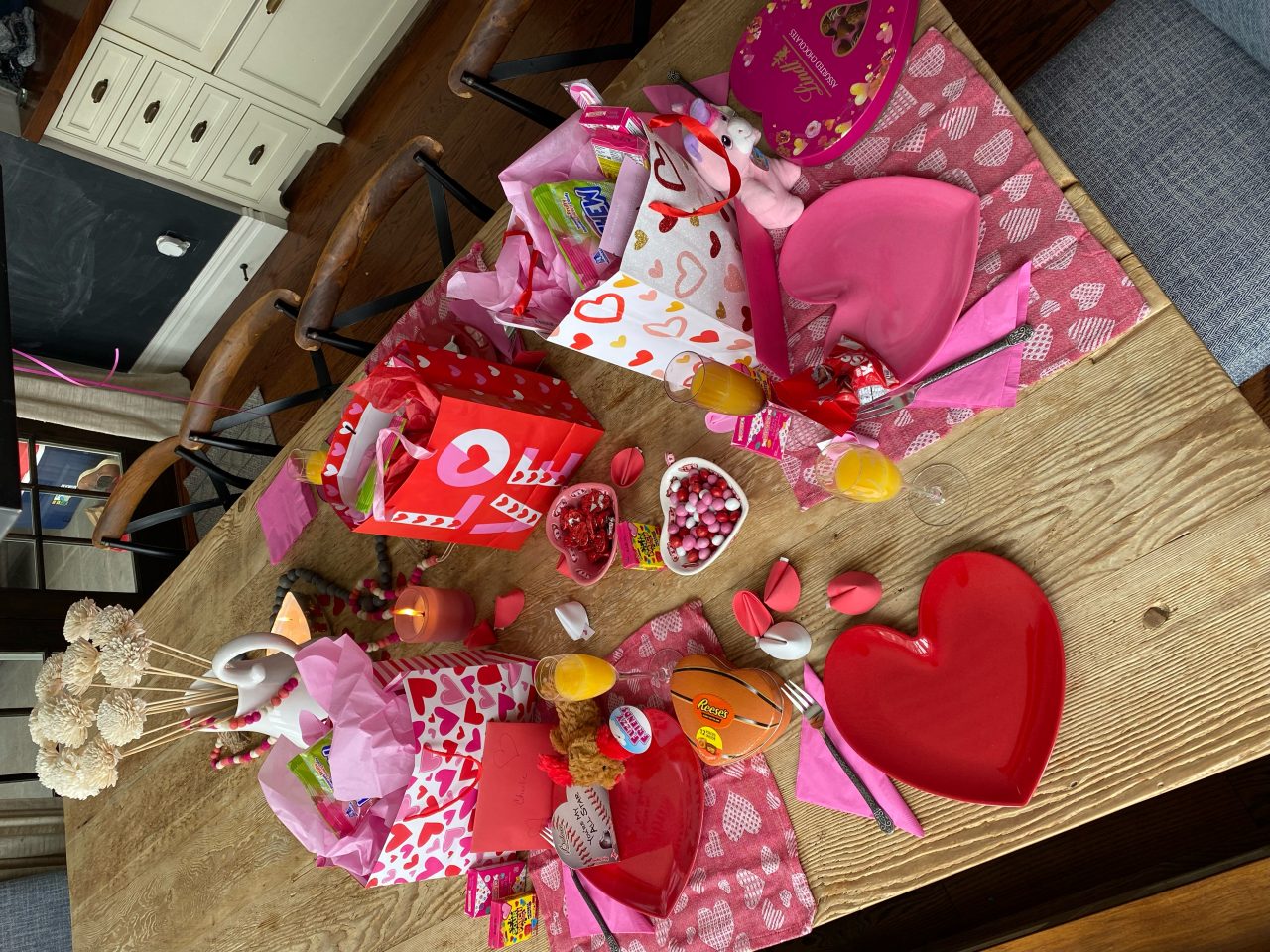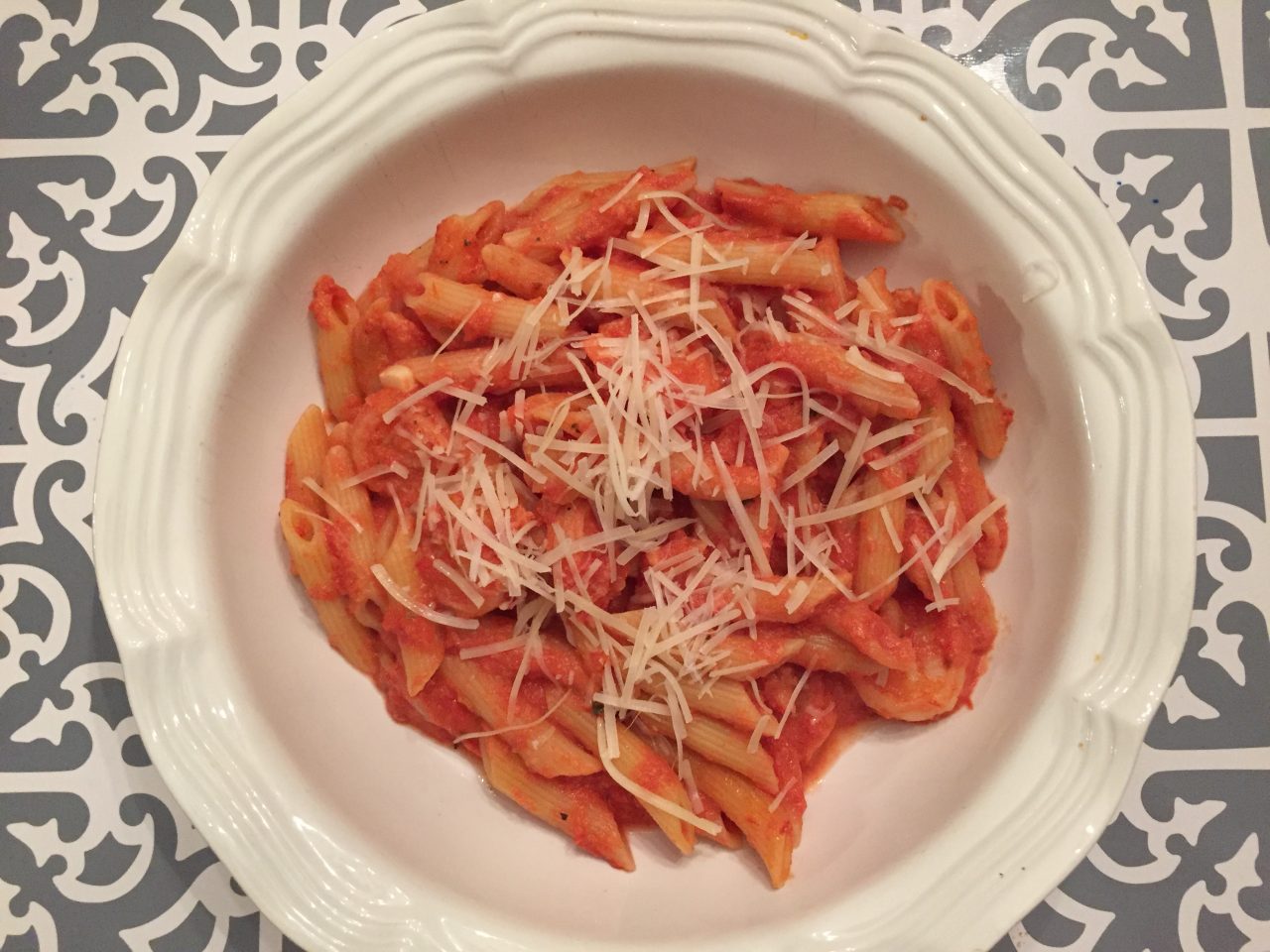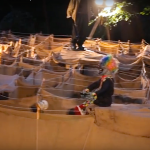The Gift of Knowing Your Child’s Love Language

7 1/2 minute listen:
I’m writing this the day before Valentine’s Day, so of course it makes sense to talk about love. We all parent differently, as we should, because we are all different people parenting wonderfully different children. The thing we all have in common is how much we love our kids. With the exception of very very few parents, all moms and dads love fiercely and we would lay down our lives for our kids at any moment. When they know you love them, when that foundation is there, everything else becomes better and easier, both the good and the bad times.
But, do they know you love them? Yes, you tell them, and intuitively they understand it, but do they really feel it, in their bones? We shouldn’t always assume they do.
I don’t think I have ever coached a parent without at some point along our journey together, asking them about their children’s love languages. It isn’t on an intake form, it isn’t something I intentionally do, it just always comes up at some point. Maybe it is when a mom tells me about a challenge with a teenager, and how she tried to hug him and he walked away and slammed the door, or how a dad is having a hard time connecting with his five year old despite attempts to to tell her how much he loves her or a parent who isn’t feeling valued or appreciated and then understandably, feels resentful. In circumstances like this, it is incredibly useful to explore love languages.
By now, you likely have heard about them, but let’s revisit the concept together. The idea behind this is that all people give and receive love differently, and if two people are speaking a different love language, just like if they were speaking English and German, there will be communication issues. This is a problem because nothing makes our children feel more secure and settled than the certainty of a parent’s love.
We’ve been using this idea forever, instinctively we have a sense of what our child needs, but when Gary Chapman defined five love languages in his book, it gave substance to this loose idea.
The five are, and if you’ve never heard of these, you can learn more about them here
- Words of affirmation
- Quality time
- Acts of service
- Gifts
- Physical touch
None of these, please remember, are better than another. For some reason, people always try to deny that “gifts” is their love language, because it seems superficial, but truly it isn’t. These are simply the way we experience love to the greatest degree. At some level, we, of course, appreciate all of them, but if you really want to connect with your child, if you really want them to be full of the love you have for them, know which is their primary love language. This is especially useful when they are in the middle of a struggle, whether it be a true crisis moment or just a little hiccup. Feeling your love will settle their critter brain and make room for more rational thought and action.
At the clinic where I work, most of my patients are native Spanish speakers, but many of them can communicate in English and I can communicate a little in Spanish. But, even so, I almost always use an interpreter. Why? Because when we are worried or sick or in pain, we have a much better chance of understanding the language we speak best.
The same is true for emotional languages. When you are upset, you can’t effectively hear a message unless it is spoken in your language.
There are online quizzes you can take, but I guarantee if you just spend a minute thinking about it, you’ll know the love languages of all the people in your family.
So, for instance, my love language is touch. Larry’s is acts of service. If he wants me to feel he loves me, he’ll hold me or just touch my shoulder, even though instinctively he would want to show me by taking out the garbage or planning a night out. If I need him to feel I love him, I may assume the best way to do this would be to give him a hug, but for him, dropping off his dry cleaning or making him dinner is more meaningful.
Of our five kids, we have two acts of service, one words of affirmation, one touch and one quality time. So, yeah, we give and receive love in lots of different ways, all powerful, but when we know one of the kids really needs it, we focus on the way he or she will feel it, how they will hear it and take it in. I could hug Shane all the time, because that’s how I speak, and he will tolerate it and probably get some joy out of it. But, if I really want to reach him, I do something simple for him, like folding his laundry or packing a unique and special lunch. He’ll take the hug, but the genuine, “Thanks, Mom” I get when I do something for him shows me what matters to him. When Charlie, his twin brother, needs some love, I set aside time to spend with him. We watch one of our favorite Marvel movies, play a card game or just sit together and I listen. He likes a nice lunch too, he appreciates it, but not like he appreciates the time spent and attention given. Shane and I will spend time together, but somehow the warm Turkey reuben has more meaning.
So, on this Valentine’s Day, do something really simple. Explore the five love languages, either with your kids or on your own, and see if you can figure out theirs and even better, share yours with them. Everyone should know what language you speak too. File them away for the next time you feel like you aren’t getting through, or when you know they need affection but it doesn’t feel like it they are truly receiving it, or for when you just want to pile on some love – believe me, that pile can never, ever get too high.
IF YOU HAVE KIDS, RETHINK VALENTINE’S DAY
HOW TO ORGANIZE ALL YOUR LISTS

EASY, DELICIOUS PENNE A LA VODKA






















